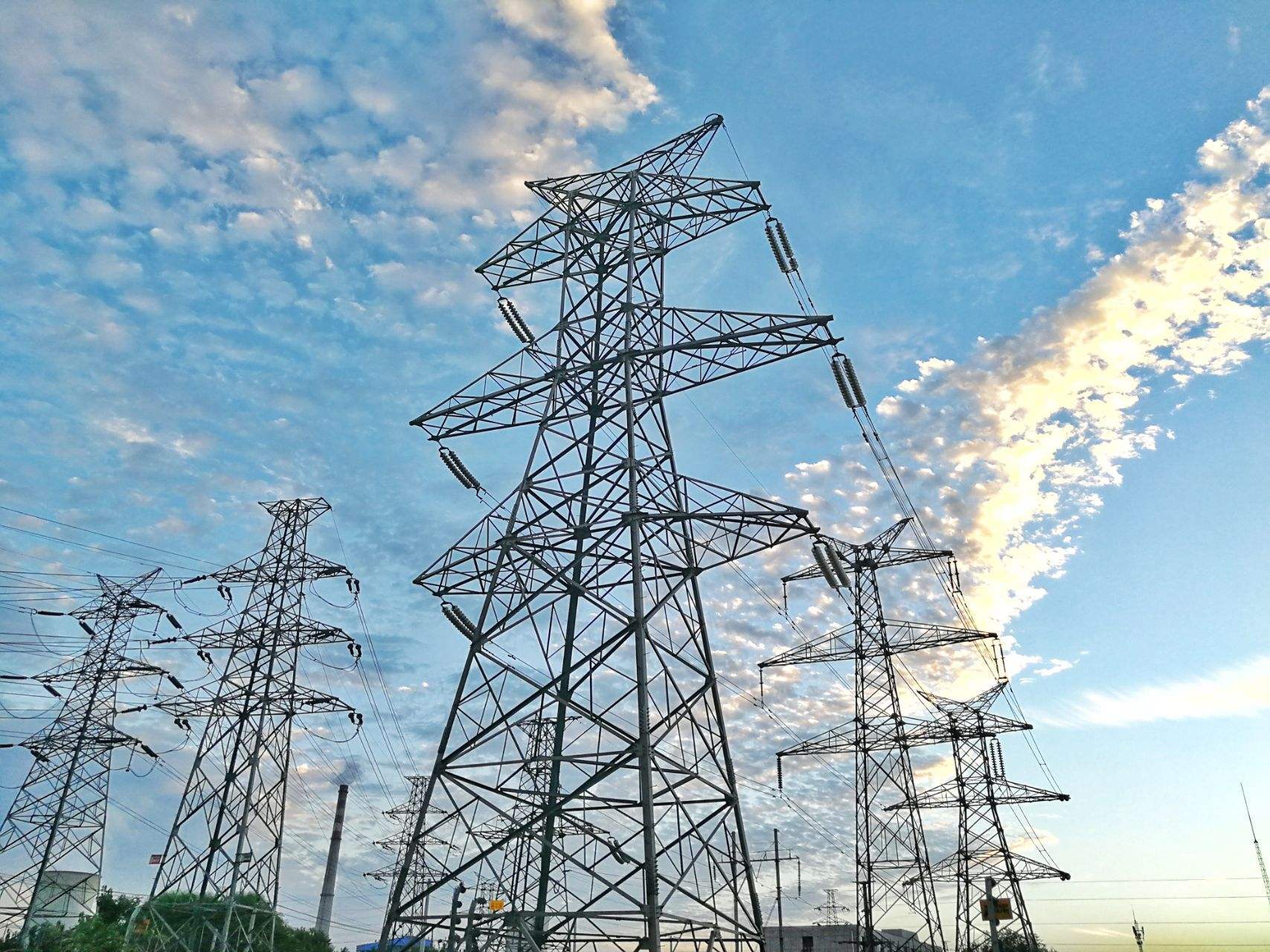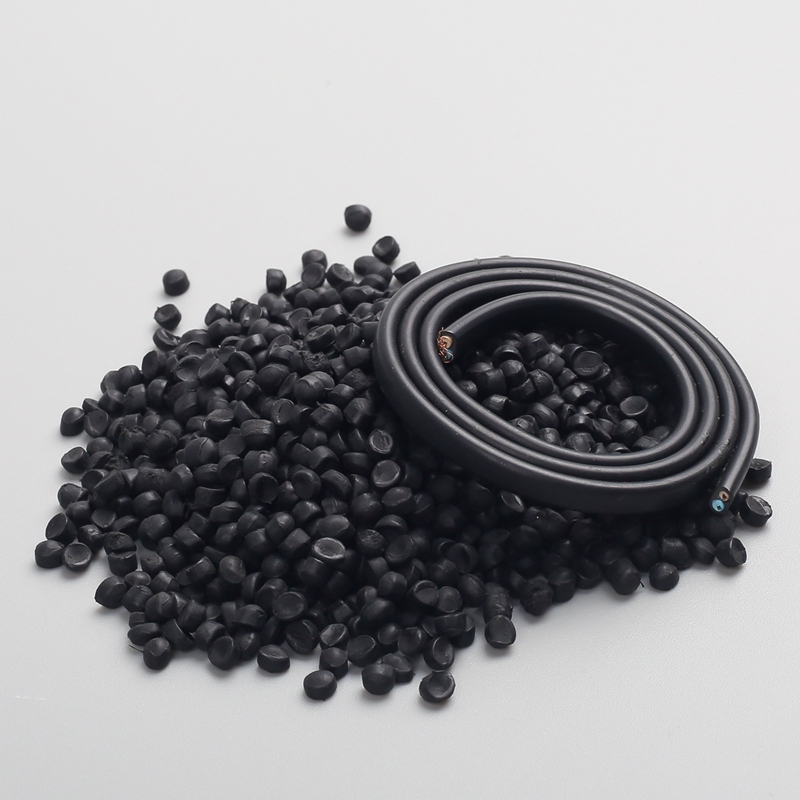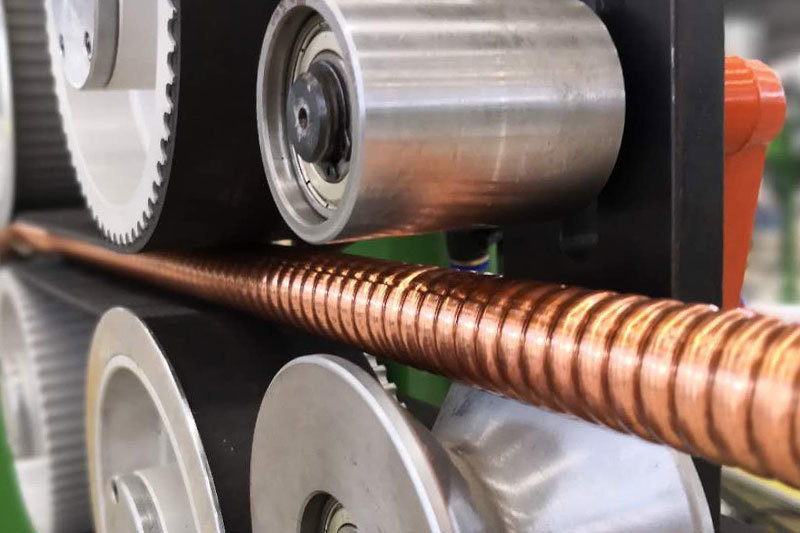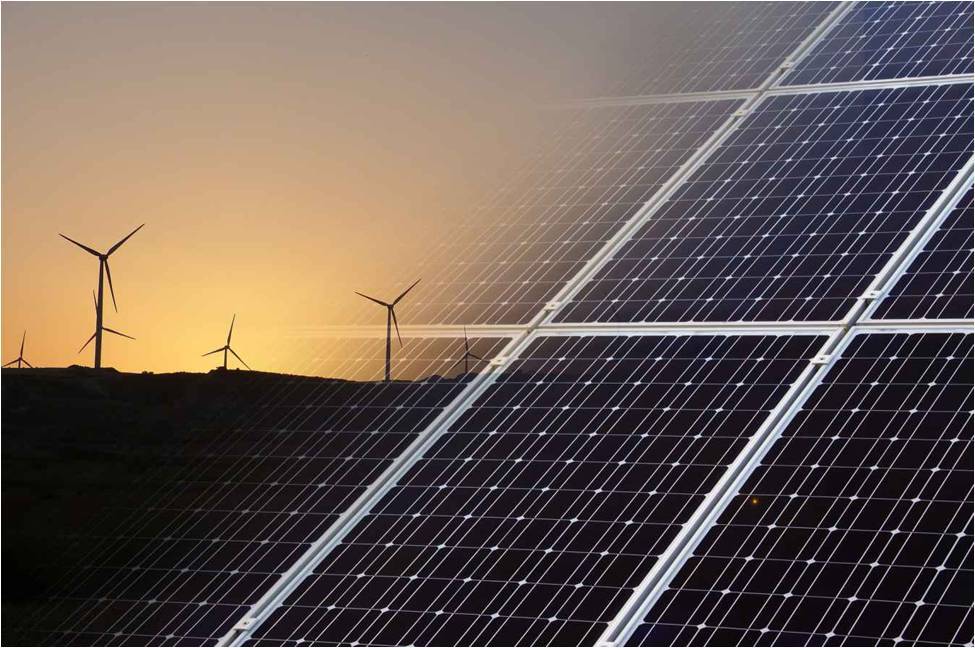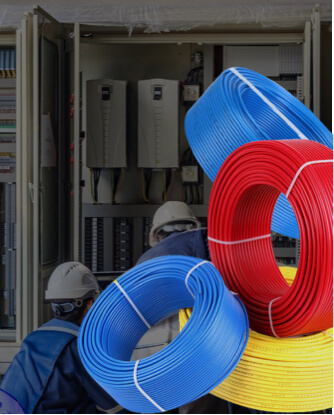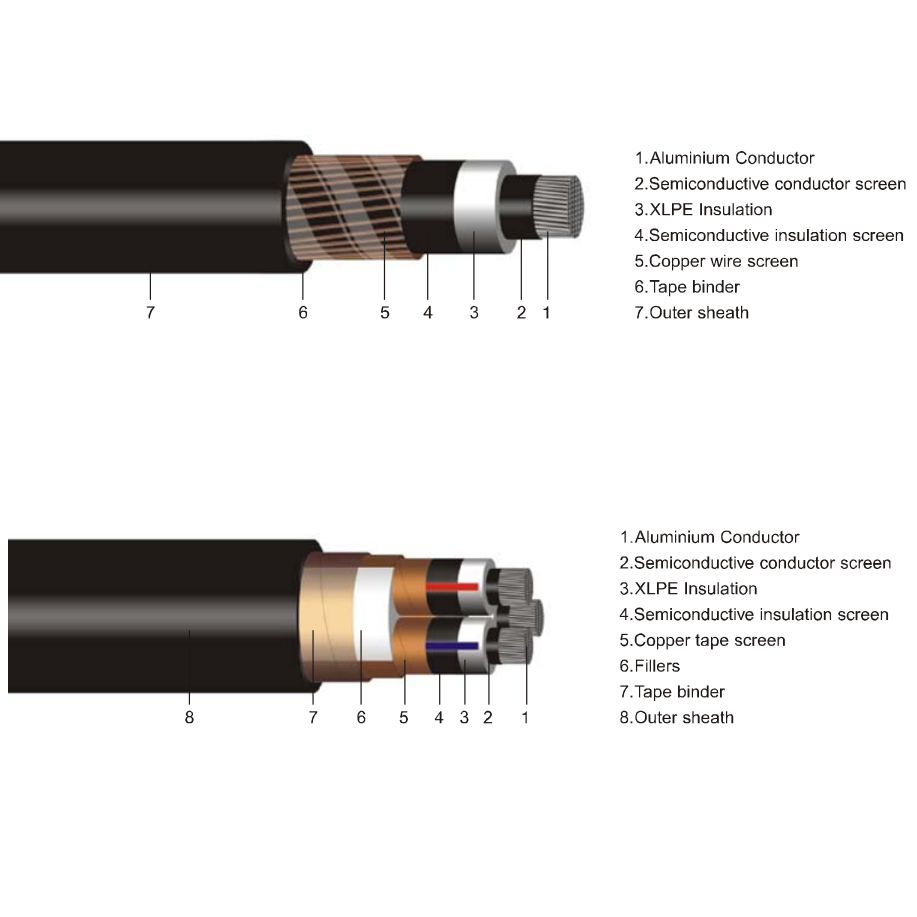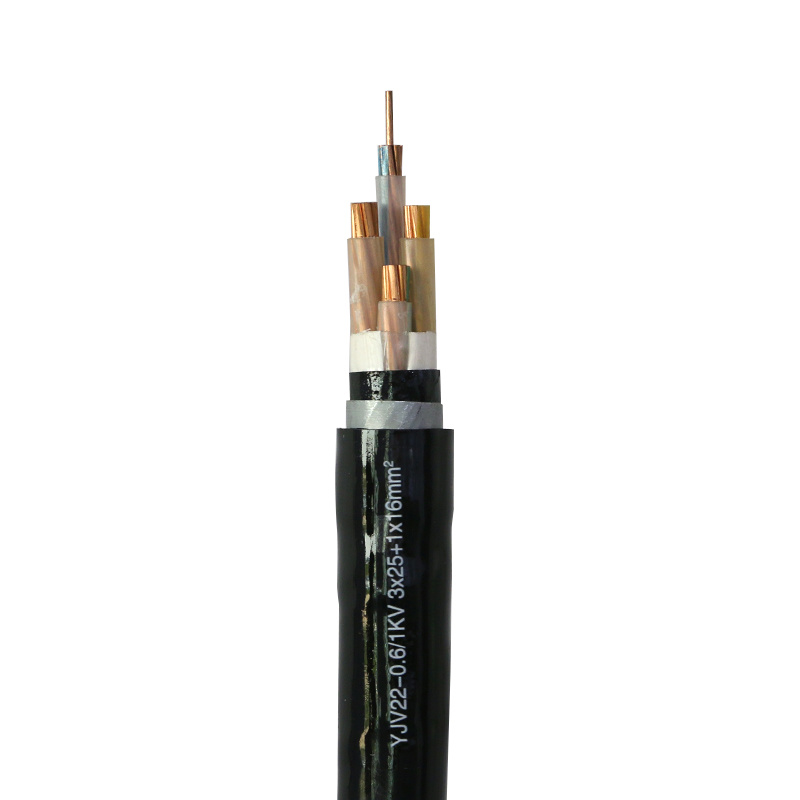
Cable Laying Guide: Key Points for Direct Burial, Conduit, and Tray Installation
As the renowned architect Ludwig Mies van der Rohe said, "God is in the details." This philosophy also applies to cable installation—professionalism is reflected in every compliant bend radius, every reliable grounding connection, and every standard marking.
Email: cn@electriccable.cn sunny@electriccable.cn sandy@electriccable.cn
Unveiling the three core tests: withstand voltage, combustion, and tensile testing.
Choosing a cable is not just about selecting a material; it is about choosing a reliable guarantee that has been rigorously tested.
"Cable Ampacity and Cross-Sectional Area: Essential Factors for Safe Line Selection"
Reasonable selection should not only avoid "a small horse pulling a big cart" causing overload and fire, but also prevent "overusing big materials" causing waste of resources.
The environmental friendliness of our PVC material stems not from promotional packaging but from rigorous raw material selection, continuous formulation optimization, and a strong investment in traceability systems. We believe that only by implementing environmental protection into every detail can we truly earn our customers' trust and leave a cleaner environment for future generations. Choosing our PVC materials is more than just choosing a product; it's choosing a visible responsibility and peace of mind.
Don't waste money, and don't take unnecessary risks—this is the embodiment of professionalism and responsibility.
As building designs become more complex and safety expectations rise, the role of intelligent cable selection grows ever more important. After all, in the event of a fire, the difference between a safe evacuation and a tragedy may come down to the cables hidden in the walls.
How to quickly identify inferior cables? Three tips to distinguish the real from the fake
Remember: what you save may be money, but what you lose may be life.
Copper vs. Aluminum Cables: Pros and Cons
Copper-core cables offer superior performance and safety, but are expensive and heavy. Aluminum-core cables are economical and lightweight, but have poor conductivity and high connection risks. In actual projects, the choice should be based on a comprehensive consideration of load requirements, installation environment, budget, and safety level. Copper-core cables are recommended for critical loads and indoor wiring; aluminum-core cables are more advantageous for large-span, low-cost outdoor power transmission. In recent years, "copper-clad aluminum" or "copper-aluminum transition terminals" have also been used to balance performance and cost, but the construction quality must be strictly controlled
Polyvinyl chloride (PVC) and cross-linked polyethylene (XLPE) are two commonly used materials for cable insulation. They differ significantly in performance, application scenarios, and safety.
Quick Quote
* Note: Please be sure to fill in the information accurately and keep the communication open. We will get in touch with you as soon as possible

Copyright © 2023 Shandong Zhongmai Cable Co., Ltd


